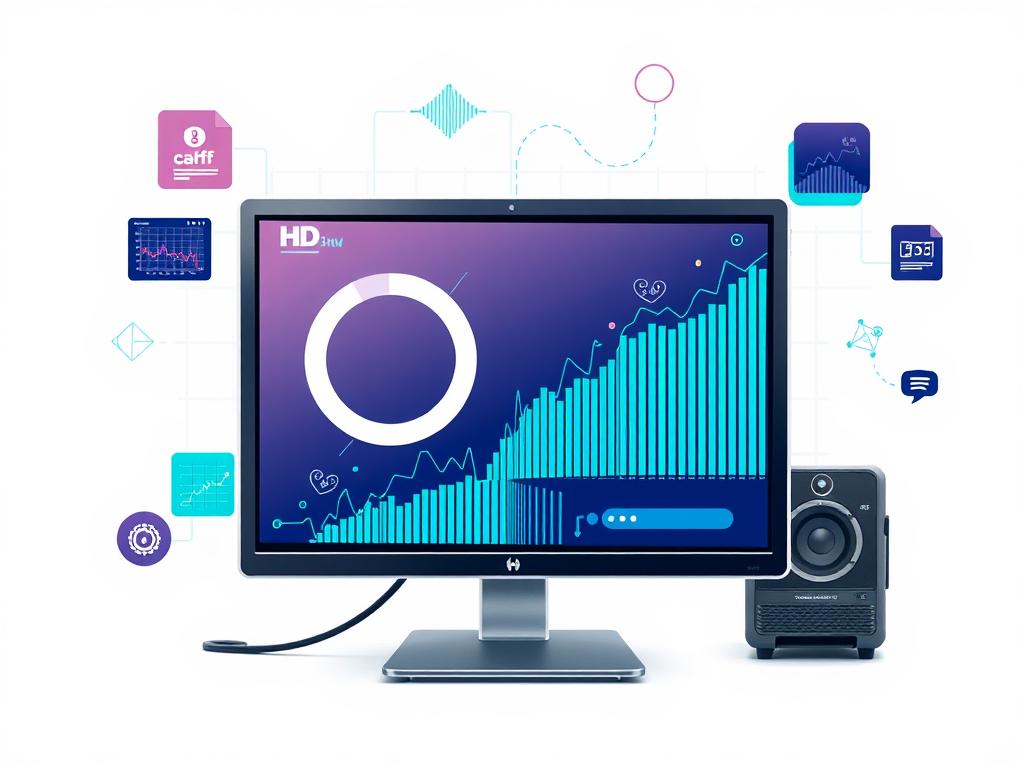Choosing the right logistics partner can make or break your China-UK supply chain operations. According to HMRC data, UK-China trade reached £78.2 billion in 2025, highlighting the critical importance of efficient logistics partnerships. Are your current shipping challenges costing you more than competitive pricing and reliable service solutions?
Essential Criteria for Selecting Your China-UK Logistics Partner
Selecting the right Freight Forwarder from China to UK can reduce shipping costs by up to 30% while ensuring faster delivery times and seamless customs clearance. The complexity of international freight forwarding demands a provider with proven expertise and comprehensive capabilities.
Also to read : Reliable it support in harlow for your business needs
When evaluating potential partners, focus on these critical criteria to ensure seamless operations:
- Global network reach with established presence in both China and the UK, including major ports and inland connections
- Real-time tracking technology that provides complete visibility throughout the shipping process with automated updates
- Strategic distribution centers offering consolidation, packaging, and warehousing services at key locations
- Extensive 3PL experience managing complex supply chains across multiple industries and shipment sizes
- Industry certifications including customs brokerage licenses, security validations, and quality management standards
- Multilingual customer support with dedicated account management and 24/7 communication capabilities
- Service flexibility to accommodate varying shipment volumes, seasonal demands, and special handling requirements
These fundamentals separate reliable logistics partners from basic freight services, ensuring your goods move efficiently while you maintain complete operational control.
Also to discover : Unveiling the forces fueling innovation in uk computing
Understanding Transit Times and Service Options
Choosing the right shipping method depends on balancing cost and urgency for your specific needs. Ocean freight remains the most economical option, typically taking 25-35 days from major Chinese ports to UK destinations, making it ideal for large volumes and non-urgent shipments.
Air freight dramatically reduces transit times to 3-7 days but comes with significantly higher costs per kilogram. This mode proves invaluable for time-sensitive goods, high-value electronics, or seasonal inventory where speed justifies the premium pricing.
Rail transport via the New Silk Road offers an attractive middle ground, delivering goods in 18-22 days at costs between ocean and air freight. This increasingly popular option provides excellent reliability for medium-urgency shipments across the Eurasian corridor.
Professional freight forwarders leverage consolidation services to optimize costs, combining smaller shipments into full containers. Modern tracking systems provide real-time visibility throughout the journey, allowing businesses to plan inventory and manage customer expectations effectively. The key lies in understanding your product’s characteristics, budget constraints, and delivery requirements to select the optimal service combination.
Cost Factors and Pricing Transparency in Cross-Border Logistics
Understanding the true cost structure of international shipping requires analyzing multiple interconnected variables. Volume and weight form the primary pricing foundation, with freight forwarders calculating costs based on both dimensional weight and actual weight to optimize cargo space utilization.
Transportation mode selection significantly impacts your budget. Sea freight offers cost efficiency for large shipments but extends delivery timelines, while air freight provides speed at premium rates. Express services bridge this gap with balanced cost-time ratios for urgent deliveries.
Additional service layers add complexity to pricing structures. Customs clearance, warehousing, packaging, and insurance each contribute discrete costs that experienced logistics providers should outline transparently. Duty fees and import taxes, while beyond forwarder control, require accurate calculation for complete budget planning.
Transparent pricing distinguishes professional freight forwarders from budget operators. Detailed quotations breaking down every cost component enable informed decision-making and prevent unexpected charges. Leading providers offer comprehensive estimates including potential surcharges, allowing businesses to budget accurately for their international shipping requirements while maintaining predictable cash flow management.
Documentation and Compliance Requirements
Navigating the complex documentation landscape between China and the UK requires meticulous attention to detail. Essential documents include commercial invoices, packing lists, bills of lading, and certificates of origin. Each shipment must comply with both Chinese export regulations and UK import requirements, including customs declarations and product-specific certifications.
UK customs regulations demand accurate commodity classifications using HS codes, while Chinese authorities require proper export licenses for certain goods. Your freight forwarder’s regulatory expertise becomes invaluable here, as they understand the nuances of both jurisdictions and can prevent costly delays or penalties.
Specialized shipments often require additional certifications such as CE marking for electronics, food safety certificates for consumables, or phytosanitary certificates for organic materials. Professional freight forwarders maintain current knowledge of changing regulations and can guide you through the compliance maze, ensuring your documentation meets all requirements before goods leave China.
Working with an experienced provider eliminates the guesswork from regulatory compliance, giving you confidence that your shipments will clear customs smoothly on both ends of the journey.
Technology Integration and Real-Time Visibility
Modern freight forwarding relies heavily on advanced technology to deliver transparency and efficiency. Leading providers integrate sophisticated tracking systems that offer real-time visibility into your shipment’s journey from Chinese ports to UK destinations. This technological foundation transforms traditional logistics into a data-driven operation where you maintain complete oversight of your cargo.
The most effective solutions feature seamless API integration with your existing systems, eliminating manual data entry and reducing human error. Digital dashboards provide instant access to critical information including customs clearance status, transit times, and potential delays. Process automation streamlines documentation, customs compliance, and communication protocols.
When evaluating potential partners, prioritize providers with proven technological capabilities. Their software should offer mobile accessibility, automated notifications, and comprehensive reporting features. The right technology partner doesn’t just move your goods, they provide the digital infrastructure that enables informed decision-making and proactive problem-solving throughout the shipping process.
Your Questions About China-UK Freight Forwarding
How much does it cost to ship goods from China to the UK using a freight forwarder?
Costs vary based on shipment size, transport mode, and service level. Sea freight typically ranges from $800-2,500 per container, while air freight costs $3-8 per kilogram. Additional fees include customs clearance and local delivery charges.
What should I look for when choosing a freight forwarder for China to UK shipments?
Prioritize global network coverage, real-time tracking capabilities, competitive pricing, and strong customs expertise. Look for established partnerships in both countries and proven experience with your specific industry requirements and cargo types.
How long does freight forwarding from China to the UK typically take?
Sea freight takes 25-35 days door-to-door, including customs clearance. Air freight delivers in 5-7 days. Rail transport offers a middle option at 18-22 days. Delays may occur during peak seasons or customs inspections.
Do I need a freight forwarder for small shipments from China to the UK?
Yes, even small shipments benefit from professional handling. Freight forwarders manage customs documentation, optimize shipping routes, and provide consolidation services that often reduce costs compared to direct shipping arrangements with carriers.
What documents are required for freight forwarding from China to the UK?
Essential documents include commercial invoice, packing list, bill of lading, certificate of origin, and any product-specific certifications. Your forwarder handles customs declarations and ensures compliance with UK import regulations throughout the process.
What advantages do technology-driven freight forwarding solutions offer?
Advanced software provides real-time tracking, automated documentation, predictive analytics for delays, and integrated communication platforms. These tools enhance transparency, reduce manual errors, and enable proactive shipment management for better customer experience.











